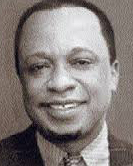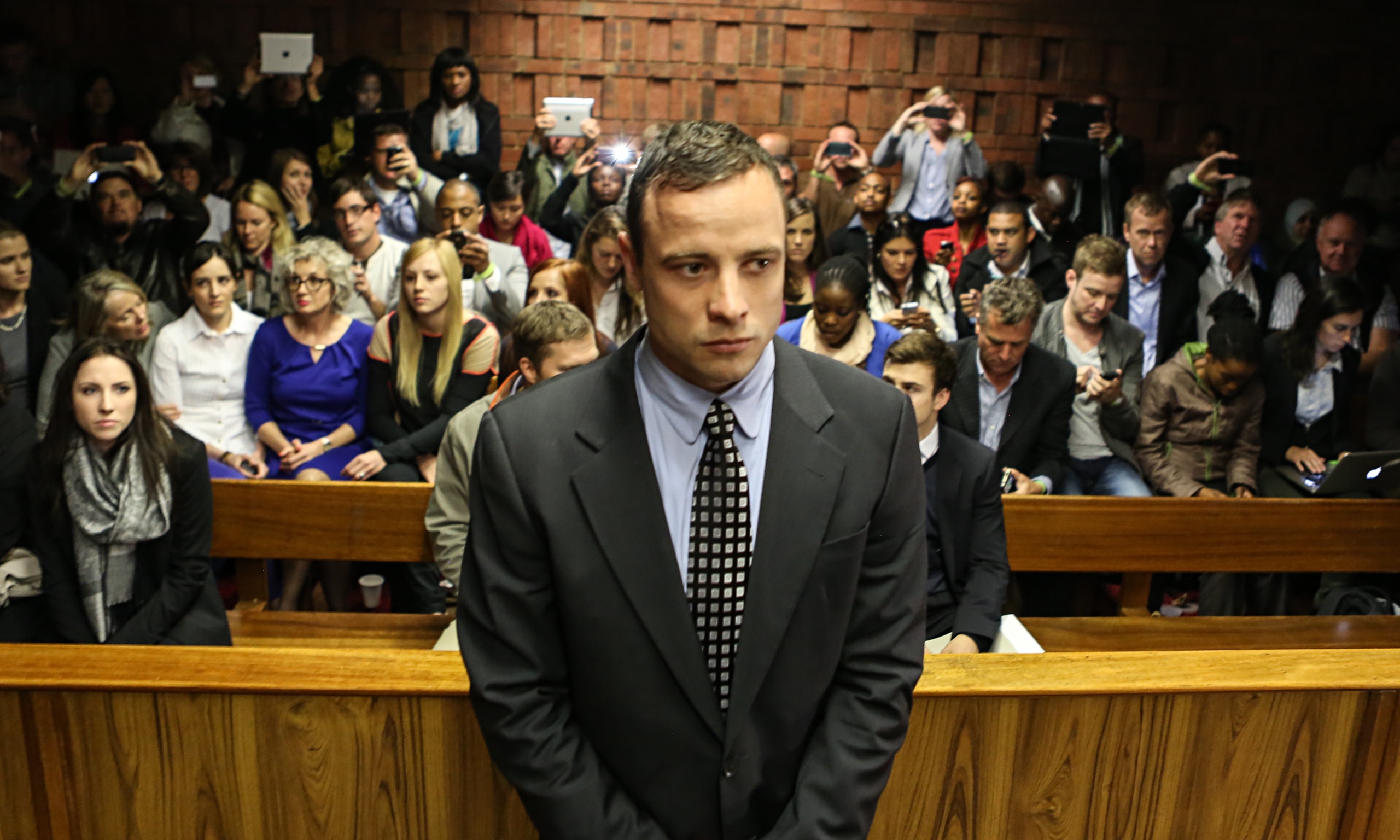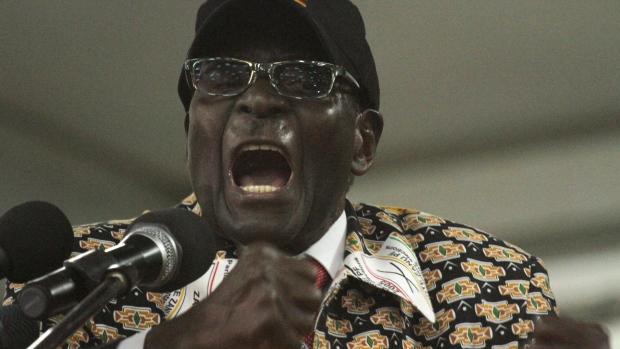And it came to past that as the aircraft, with many Nigerians on board approached Lagos, disaster struck. There was a sudden loss of air pressure and altitude inside the cabin.
Danger! People yelled for help, while some others prayed furiously – all calling on God: The only one trusted saviour in times of extreme distress, when all positive variables are beyond reach. The plane eventually landed safely.
This near-miss is fiction, but it is a regular occurrence for people to remember their God when flights are threatened in the air. At that point of desperation, people remember their God as individuals – no Pastor, no Imam.
Despite what we say about churches, tithes and giving, what matters most is the individual’s relationship with God. In the end, we will be judged as individuals; not as families, churches or social media friends. We should therefore be careful in our actions so that we don’t lead others away from God.
Advertisement
When we are tempted to feel God is needless in our lives, we should perhaps pause to check out more prominent, more intelligent, more successful people who have clung to God, and never fail to serve Him, irrespective of age or status.
Indeed, the words of Dayo Olawuyi, the former popular MD of Dunlop, are instructive: “One of my greatest mistakes was when I forgot about God. Of course, I paid the price. I thought that having achieved a particular thing in life I had arrived. I began to feel big and forgot where I was coming from. But of course, God called me back. At that point, I realised that I shouldn’t have done that. You cannot run from God. Pray He calls you back early.”
God is Forever True
Advertisement
God is forever true and all things He made are good. One time-tested truth about God is that He rewards giving. But that doesn’t mean He can be bribed with giving. Motives make one offering acceptable and the other abhorrent.
Also, you don’t give to God and continue to wallow in sin, believing that giving puts Him under any obligation to release a harvest, just as it is true of sowing in the bad soil – it is fruitless. Pastors advise that if you have been giving without a harvest, consider your level of obedience to God in other areas. It could also be that the harvest is too big to be rushed. Bible scholars use the reproduction cycles of elephants and rats to illustrate this point.
It is also true that some religious leaders – and I mean some, not all – abuse this process of giving and rewards. Last week, a friend in the UK sent me a video in which a bling-bling pastor in the US was collecting offering to pay for a Rolls-Royce. For what? Of course, some people protested.
But that does not justify a stimulus generalisation – tarring all churches with that same brush. There are churches that emphasise the good things of God, including holiness and obedience, and also focus on winning souls. There are stories of some Nigerian pastors who receive car gifts without even praying for them but sell them to invest the proceeds in spreading the gospel. God is forever true but the choice of where to worship Him is an individual decision.
Advertisement
Even in the current Babel of voices, one thing stands true – tested and confirmed; God rewards giving and service. He may do it in several ways, but He never fails. There is a compulsory giver I know who may not be wealthy yet, but he has been raised from death or near-death over four times, one of such cases on a flight to Amsterdam.
Even science continues to prove that “giving makes you rich”. According to the Entrepreneur Network, “Emerging evidence-crunchy statistics from real data, not the mushy self-help stuff, supports the contention that giving stimulates prosperity, for both individuals and nations”.
Below, from various existing compilations, are practical real-life examples of giving and reward.
Colgate Palmolive Company
Advertisement
William Colgate was a tither throughout his long and successful business career. He gave, not merely one-tenth of the earnings of Colgate’s soap products; but two-tenths, then three-tenths, and finally five-tenths of all his income to the work of God in the world. During the later days of his life, he revealed the origin of his devotion to the idea of tithing.
When he was sixteen years old he left home to find employment in New York City. He had previously worked in a soap manufacturing shop. When he told the captain of the canal boat on which he was travelling that he planned to make soap in New York City the man gave him this advice: “Someone will soon be the leading soap maker in New York. You can be that person. But you must never lose sight of the fact that the soap you make has been given to you by God. Honor Him by sharing what you earn. Begin by tithing all you receive.”
Advertisement
William Colgate felt the urge to tithe because he recognised that God was the giver of all that he possessed, not only of opportunity but even of the elements which were used in the manufacture of his products. William Colgate died in 1857 but left behind a company that is successful to this day and a college that bears his name.
John D. Rockefeller Sr
Advertisement
He was an American oil industry business magnate, industrialist, and philanthropist. He is widely considered the wealthiest American of all time, and the richest person in modern history.
His own words: “Yes, I tithe, and I would like to tell you how it all came about. I had to begin work as a small boy to help support my mother. My first wages amounted to $1.50 per week. The first week after I went to work, I took the $1.50 home to my mother and she held the money in her lap and explained to me that she would be happy if I would give a tenth of it to the Lord. I did, and from that week I tithed on every dollar God has entrusted to me. And I want to say, if I had not tithed on the first dollar I made, I would not have tithed on the first million dollars I made.”
Advertisement
Henry Parsons Crowell
Henry Parsons Crowell was an extraordinary Christian businessman and founder of the Quaker Oats Company. He brought oatmeal to the mainstream, revolutionised marketing and merchandising methods of his time and advanced the gospel through the Henry Parsons and Susan Coleman Crowell Trust. The Trust states that its purpose is to fund the teaching and active extension of the doctrines of evangelical Christianity.
Henry had no high school diploma or business qualifications. At a time when the Quaker Oats Company was struggling, he brought his business problems to the Lord. Many business people and corporate giants came to Christ as a result of their association with Henry and his wife. The more money Henry gave to Christian causes, the more he prospered.
Strive Masiyiwa
Strive Masiyiwa is a Zimbabwean born businessman who founded Econet Wireless. Masiyiwa was quoted as saying that he reads his Bible for at least 4 hours a day – if he’s busy! He tithes 10% of his annual income to his church. Together with his wife, he personally pays the school fees for over 22,000 Zimbabwean orphans. According to Forbes, 2015, he has an estimated net worth of US$600 million.
R.G leTourneau
He was the creator and manufacturer of giant earth moving machinery. Before the end of his illustrious career, this manufacturer reversed the percentages – gave God 90% and retained 10% for himself.
R.G leTourneau started and funded with 90% of the stock of his corporation. Before his death in 1969, he had contributed millions and millions of dollars to the work of God worldwide.
Some people are quick to separate tithing from giving. That is a subject for another day.
Add a comment







